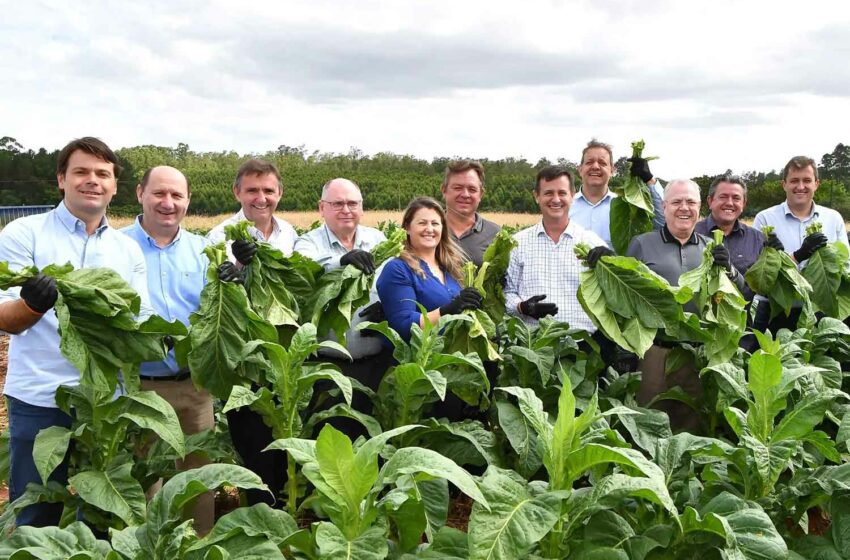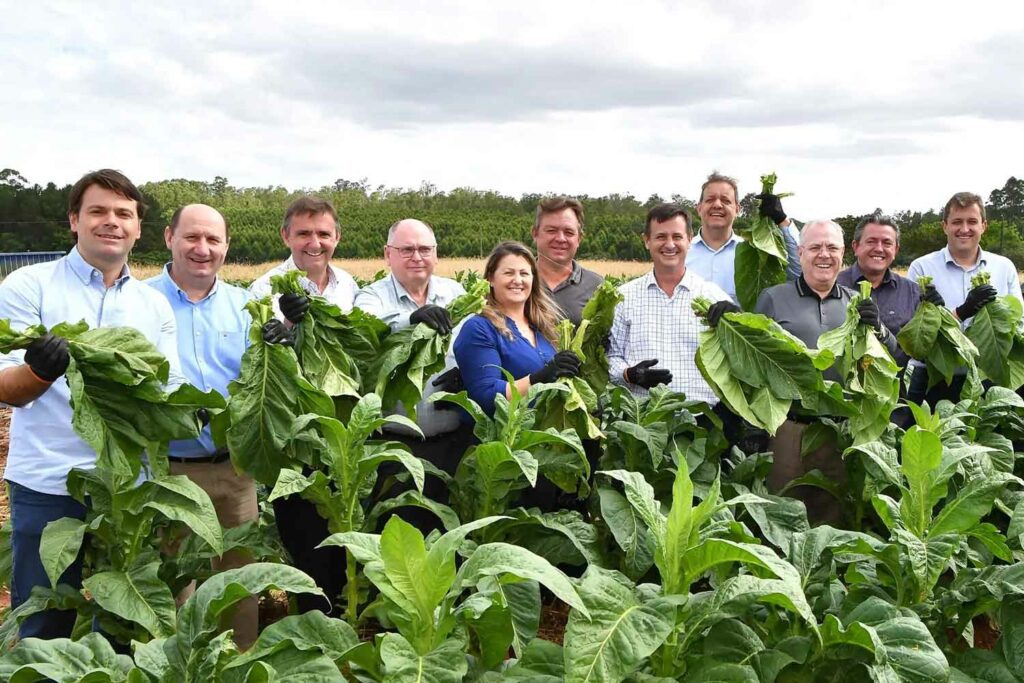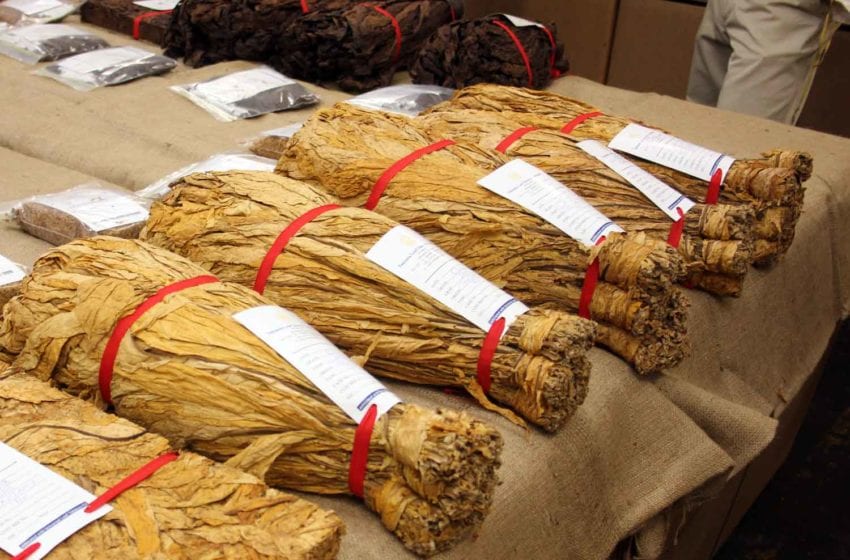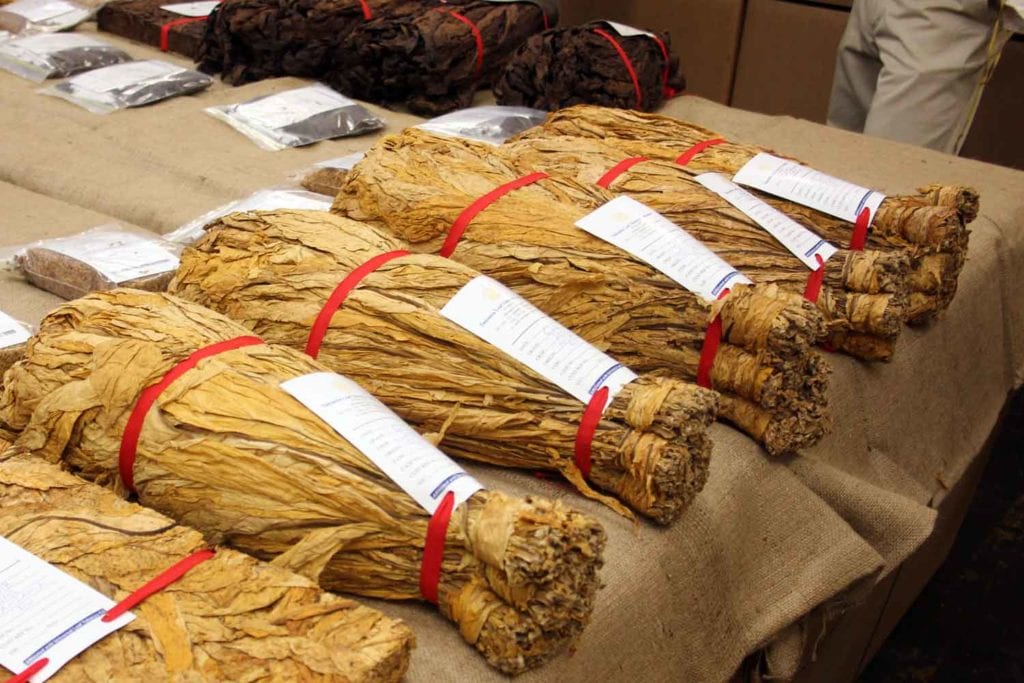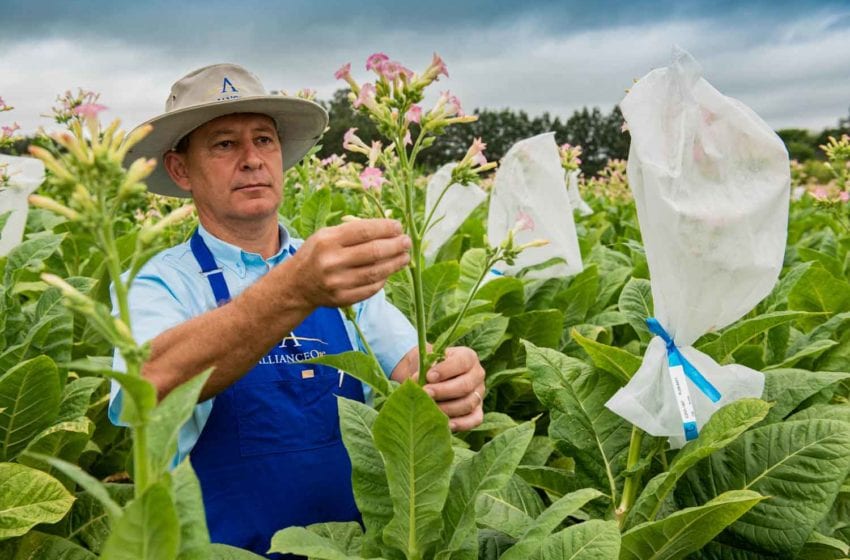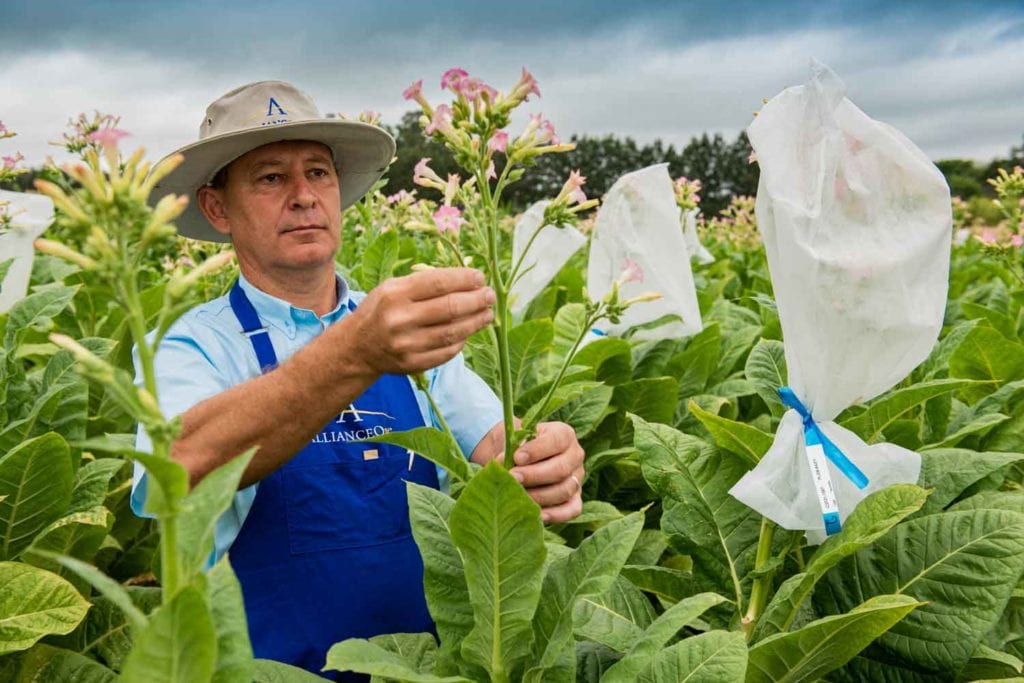
Sweden officially became “smoke free” on Nov. 13
Health data released by Sweden’s public health agency show that just 4.5 percent of the nation’s Swedish-born adults smoke—below the globally recognized benchmark of 5 percent for smoke free status.
At 24 percent, average smoking rates in Europe are five times higher than Sweden’s.
According to tobacco harm reduction activists, the Swedes’ success is the result of their pioneering policy approach to safer alternatives to cigarettes.
“This outstanding achievement marks a significant moment in global public health and stands as a testament to the progressive policies that have guided Sweden’s approach to tobacco control,” said Delon Human, leader of Smoke Free Sweden, in a statement.
“In the early 1960s, nearly half of Swedish men smoked. By embracing and encouraging the use of alternative nicotine products such as snus, oral nicotine pouches and vapes, Sweden has paved a clear path to a smoke-free society while safeguarding public health.
“They should serve as a beacon of hope for the rest of the world and as inspirational proof that a pragmatic, enlightened approach can deliver sensational public health gains and save lives.”
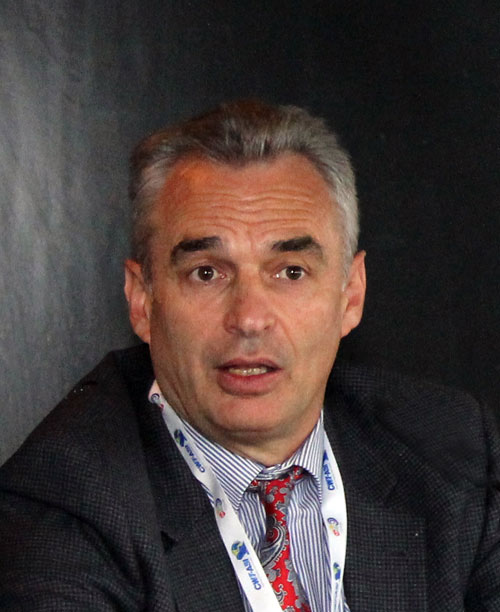
By embracing and encouraging the use of alternative nicotine products such as snus, oral nicotine pouches and vapes, Sweden has paved a clear path to a smoke-free society while safeguarding public health.
Delon Human, Smoke Free Sweden
The new statistics show that 5.3 percent of all adults in Sweden, including immigrants, currently smoke. Remarkably, the data also reveals that people born elsewhere in Europe would be three times more likely to smoke if they had not moved to Sweden.
“Key to Sweden’s success is its pragmatic focus on harm reduction rather than prohibition,” said Anders Milton, a physician and former president and CEO of the Swedish Medical Association.
“A wide range of safer nicotine products, with a variety of strengths and flavors, is legally available both online and in stores, supported by advertising, which raises awareness and encourages uptake.
“The Swedish government also applies a proportional excise tax, keeping smoke-free products more affordable than cigarettes. This tax policy, coupled with public education campaigns, has empowered Swedish consumers to make healthier choices and contributed to the country’s leading role in tobacco harm reduction.”
As a result of its strategy, Sweden has the lowest percentage of tobacco-related diseases in the EU and a 41 percent lower incidence of cancer than other European countries.
“While Sweden celebrates this historic achievement, most other nations remain far from reaching their smoke-free goals,” said Human. “Their rigid, prohibitionist policies limit access to safer nicotine alternatives, including oral nicotine products and e-cigarettes. These regressive measures are pushing smokers away from potentially life-saving tools and stalling progress toward reducing tobacco harm.




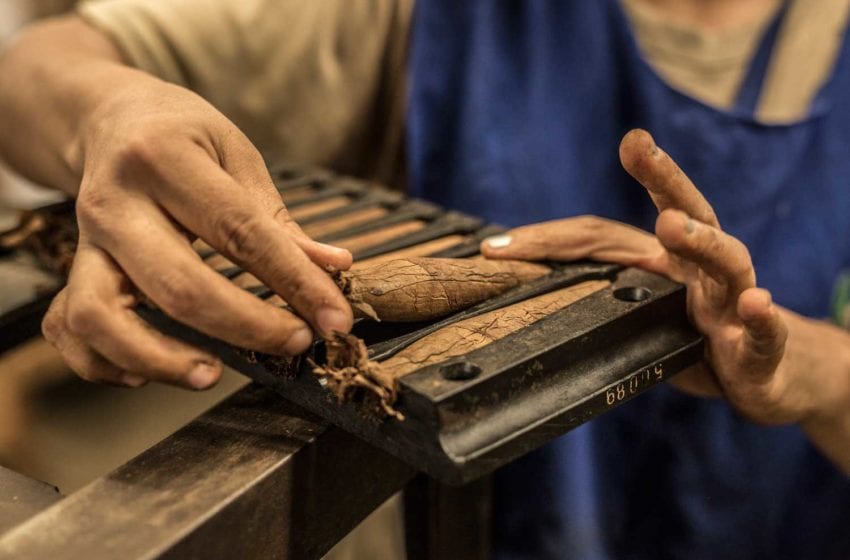
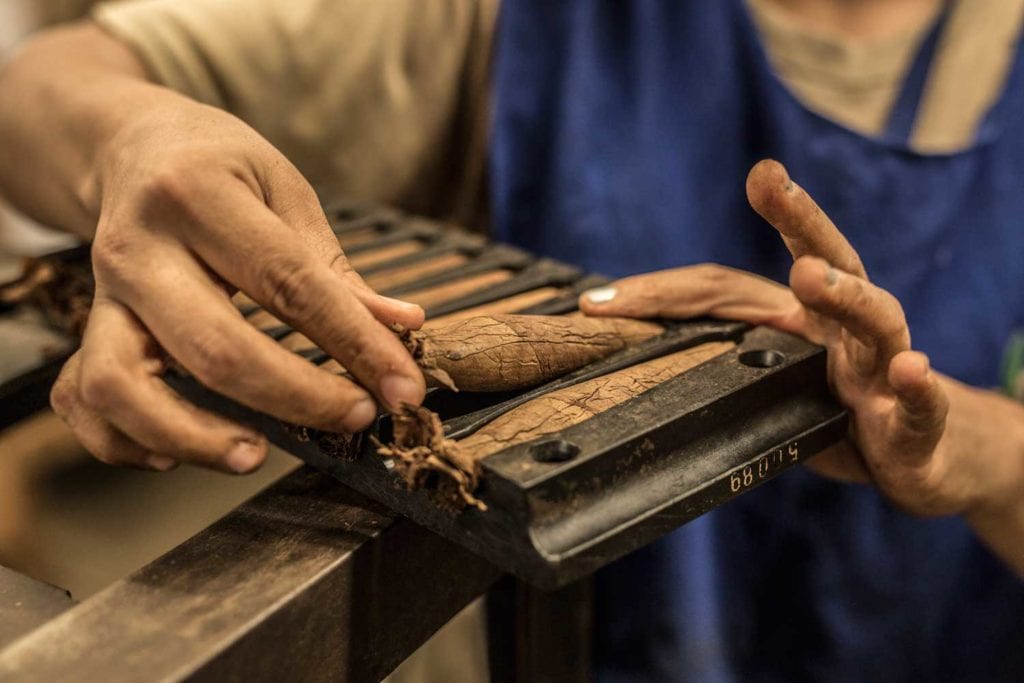

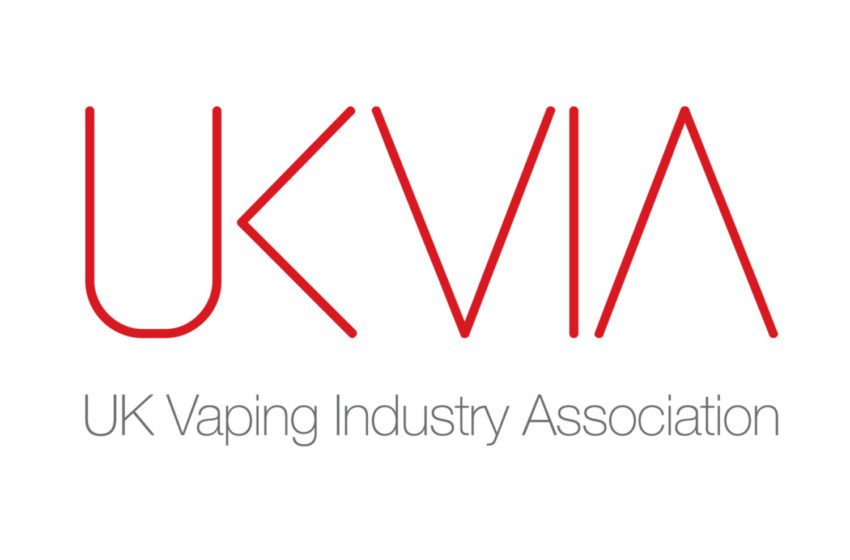
 The U.K. Vaping Industry Association’s (UKVIA) annual Industry Forum will take place at the London Marriott Hotel Regents Park on Friday, Nov. 15.
The U.K. Vaping Industry Association’s (UKVIA) annual Industry Forum will take place at the London Marriott Hotel Regents Park on Friday, Nov. 15.


 Quartz Business Events is partnering with the U.S. Premium Cigar Association (PCA) to launch a premium cigar-focused trade show for the international market. The newly created
Quartz Business Events is partnering with the U.S. Premium Cigar Association (PCA) to launch a premium cigar-focused trade show for the international market. The newly created 